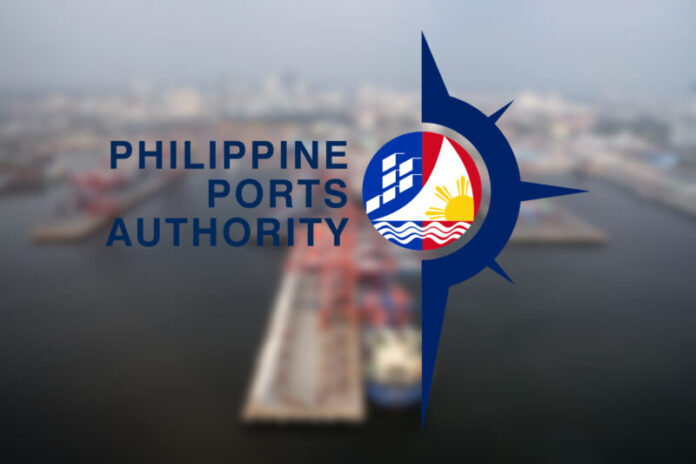-
Online applications for accreditation at the Philippine Ports Authority have been suspended by PPA
-
The suspension began on August 31 until new permit to operate (PTO) guidelines are approved by the PPA Board, according to Operations Memorandum Order No. 01-2022
-
PPA OIC and assistant general manager for operations Francisquiel Mancile said the policy would save an applicant at least P10,000 in accreditation fee
-
Interim guidelines under the order will implemented at the port management office level
The Philippine Ports Authority (PPA) has suspended the filing of applications for accreditation via the electronic accreditation system (eAS) pending policy review.
The suspension began on August 31 and will last until new guidelines on permit to operate (PTO) requirement have been approved by the PPA Board, according to PPA Operations Memorandum Order No. 01-2022.
At the signing of OMO 01-2022 on September 19, PPA officer-in-charge and assistant general manager for operations Francisquiel Mancile said the policy “would essentially suspend the accreditation of PPA and would translate to at least P10,000 savings” in accreditation fee for each applicant.
OMO 01-2022, which took effect immediately, provides interim guidelines on PPA accreditation and PTO until the new guidelines have been approved and issued.
The directive aims “to facilitate and ensure uninterrupted day-to-day provision of cargo handling, logistics and other services in ports consistent with the [Department of Transportation’s] call to improve the port industry to benefit passengers and shippers.”
The interim guidelines are pursuant to PPA Board Resolution No. 3159 and should be implemented at the port management office (PMO) level, the memorandum said.
PPA said accreditation and permits issued through eAS before the issuance of OMO 01-2022 will be recognized until their expiration.
The PTO, meanwhile, is still required.
According to OMO 01-2022, all port ancillary service provider permits under PPA Administrative Order (AO) No. 07-2013, which calls for simplified procedures in processing and issuance of PTOs to ancillary services in ports, should still be applied for via the Electronic Permitting Management System (EPMS) subject to the following conditions:
- PTO should be on a per service type and per port basis
- PTO should have a validity of one year
- PTO fees prescribed under PPA Memorandum Circular No. 02-2015 should apply
EPMS is a web-based system available since 2016 that facilitates the application, approval, and issuance of permits initially for port ancillary services and vehicle/port users’ pass.
All PMOs are responsible for processing PTO applications while the port manager has the authority to approve the PTO.
Manila and Batangas-based transport service providers may opt to secure permits via the Transport Accreditation, Permitting, and Port Pass (TAPPP) implemented under AO 01-2022 issued last January.
TAPPP serves as a single certificate of accreditation, PTO, and vehicle access pass for transport service providers in ports.
PPA issued PPA AO 06-2019, which provides guidelines on the accreditation of port service providers. The order requires all port service providers to secure a certificate of accreditation from the ports authority before the award of a port services contract or issuance of a PTO.
Also in 2019, PPA issued OMO 01-2019, which implements the automated processing of applications for PPA accreditation of port service providers through the eAS.
Some stakeholders, however, have asked PPA to review its rules for the issuance of accreditation and PTO, including guidelines for the requirement to plant mangroves as a pre-condition for the issuance of accreditation. Truckers have also questioned the duplicity of the accreditation on top of the requirement for a PTO.
PPA has since streamlined the process and requirements for accreditation, while some stakeholders, such as customs brokers, have been exempted from the requirement.
Some ancillary services providers, such as shipping lines and shipping companies, were exempted from securing PTO but are still required to have an accreditation. – Roumina Pablo





